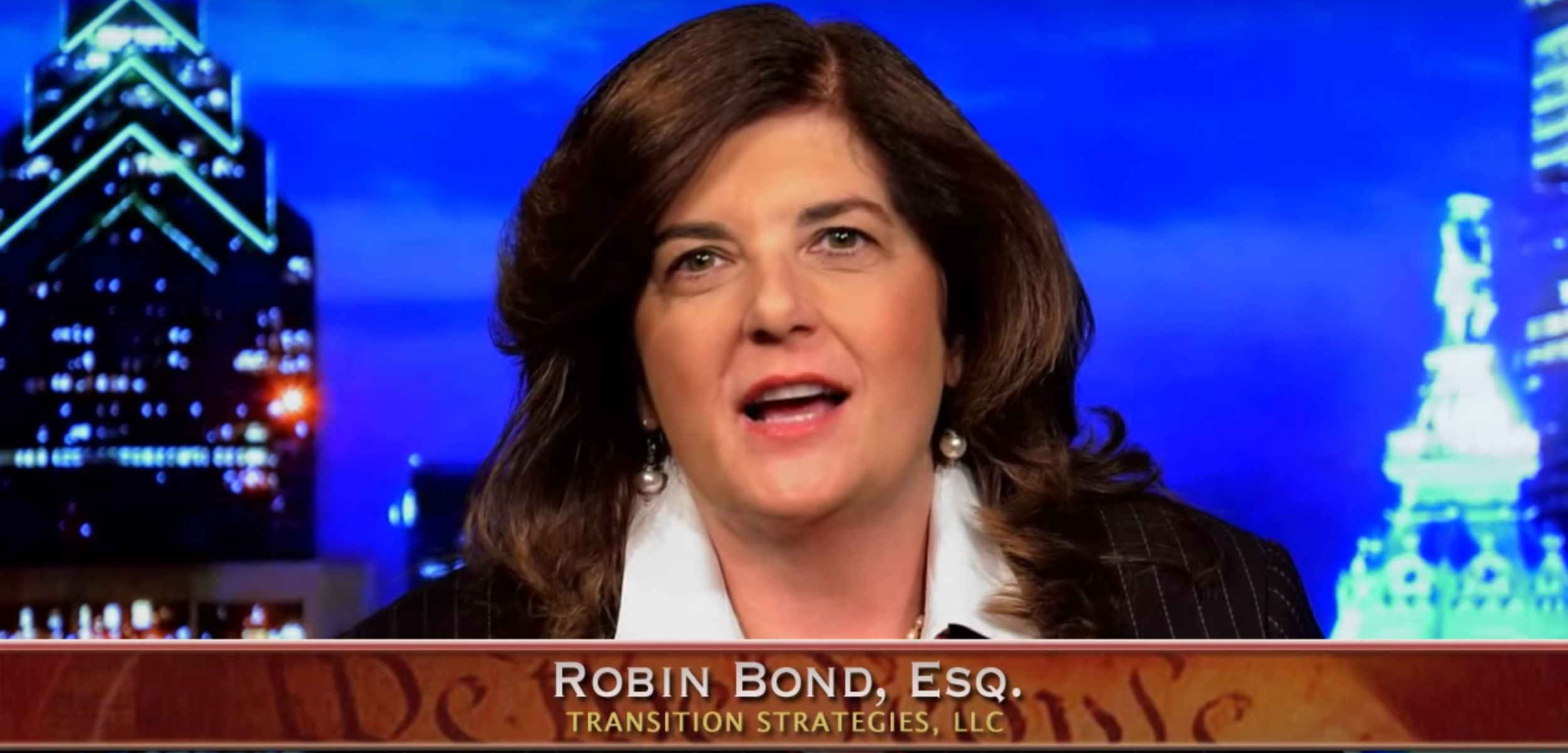Can You Be Fired "For Cause" for "Failure to Perform?"
One of the most important definitions in any employment contract is the definition of “Cause” for termination. There is no one legal definition of “Cause” – it is what the parties negotiate. Often employers try to include “failure to perform” as a for Cause reason for termination. We always push back on this, and Pennsylvania case law supports just how important the definition of “Cause” will be if the employee hopes to receive severance pay.
In a 2022 case in the U.S. District Court for the Eastern District of Pennsylvania, the judge had to determine if an executive’s “failure to perform such duties as are reasonably requested in good faith by the Board of Managers” constituted “Cause” to terminate his employment. The Board of Directors of a gaming company had voted to terminate the executive’s employment because he was not successful in developing a working gaming model that would enable the company to consistently beat the market. In other words, was this executive’s failure to achieve a performance benchmark “Cause” for termination, even though the Board had determined that he had worked very hard and had a good work ethic?
The court held that when looking at the agreement’s definition of “failure to perform”, you had to take into context the other stated for Cause reasons as set forth in the contract. The court held that in this case, the “failure to perform” reason meant the company had to prove the employee’s insubordination or refusal to perform his duties, not just his failure to meet a performance benchmark. Since insubordination or refusal to perform was not at issue here, the Court ordered the company to pay the executive the one year of severance pay due under his employment contract, as well as to pay his attorney fees. Additionally, the court held the Board Chairman (the primary funder) of the company personally liable to the executive for these sums.
Any time you have an employment agreement, it can pay huge dividends to you to have its terms reviewed and negotiated in your favor before you sign, so you can reduce your risks of having to engage in lengthy litigation to get the severance pay you deserve.
